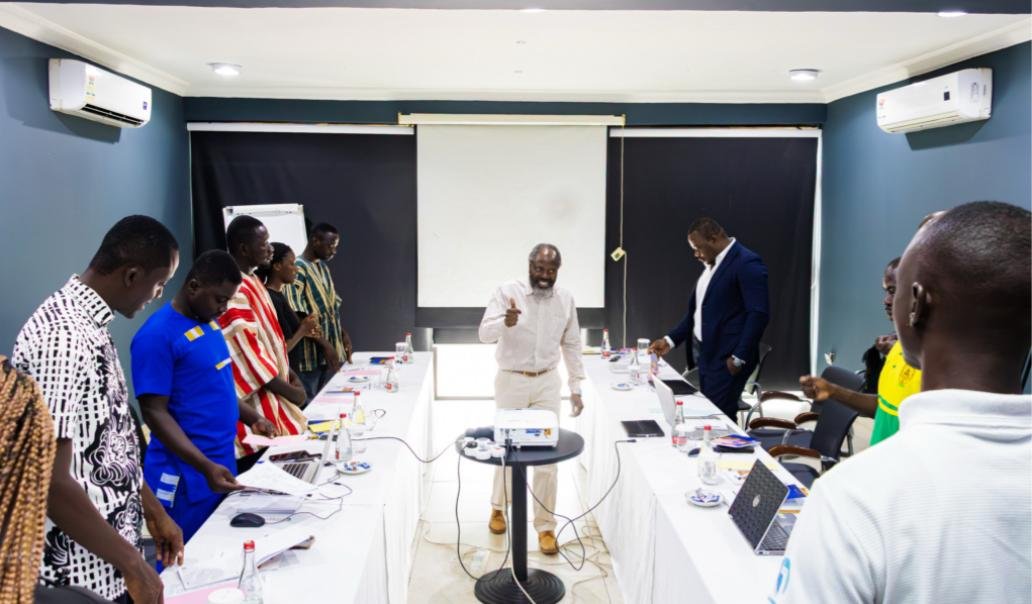The Media Foundation for West Africa (MFWA), in partnership with the Thomson Reuters Foundation, has trained a group of Ghanaian journalists to investigate and report on illicit financial flows (IFFs). The week-long training, held in Accra, aimed to equip journalists with the skills to uncover financial crimes such as money laundering, tax evasion, and corruption, which contribute to Africa’s economic losses.
Facilitated by Cris Chinaka, a former Reuters journalist from Zimbabwe, the training covered key areas including financial transparency, public finance management, tax avoidance, and investigative journalism techniques. Journalists were also guided on legal frameworks related to illicit financial flows and how to develop impactful investigative stories.

Mr. Chinaka emphasized the importance of African journalists focusing on issues related to Illicit Financial Flows (IFFs) to help curb the loss of funds that could support development in sectors such as education and health.
“I believe it is crucial for us, as African journalists, to pay attention to the critical issue of Illicit Financial Flows. Africa is losing millions of dollars due to IFFs, depriving our economies of much-needed resources. This makes it essential for journalists to acquire the skills, knowledge, and motivation to effectively cover this subject,” he stated.
He also encouraged journalists to maintain their commitment to reporting on the impact of IFFs in their respective countries.

“After gaining the necessary skills and knowledge, it is important for journalists to sustain their interest in this subject. One way to do so is by highlighting the real impact of these financial losses on ordinary people and exposing the gaps in governance that allow such losses to persist. By doing this, journalists can push for greater accountability and reforms to minimize Illicit Financial Flows,” he emphasized.
This marks the second such training in Ghana as part of MFWA’s broader efforts to combat corruption through media empowerment. Similar workshops have been conducted in Kenya and Tanzania, bringing the total number of trained journalists across the three countries to 30.
Beyond training, MFWA has been at the forefront of media-driven anti-corruption initiatives, including providing grants for investigative reporting, running financial transparency campaigns, and advocating for stronger accountability systems.
With the completion of this training, the journalists are expected to apply their knowledge in exposing illicit financial flows, ensuring greater public awareness and pressure on policymakers to curb financial crimes.
Source: Ghana/Hajia Fati Karim/ Empire Fm/Takoradi




